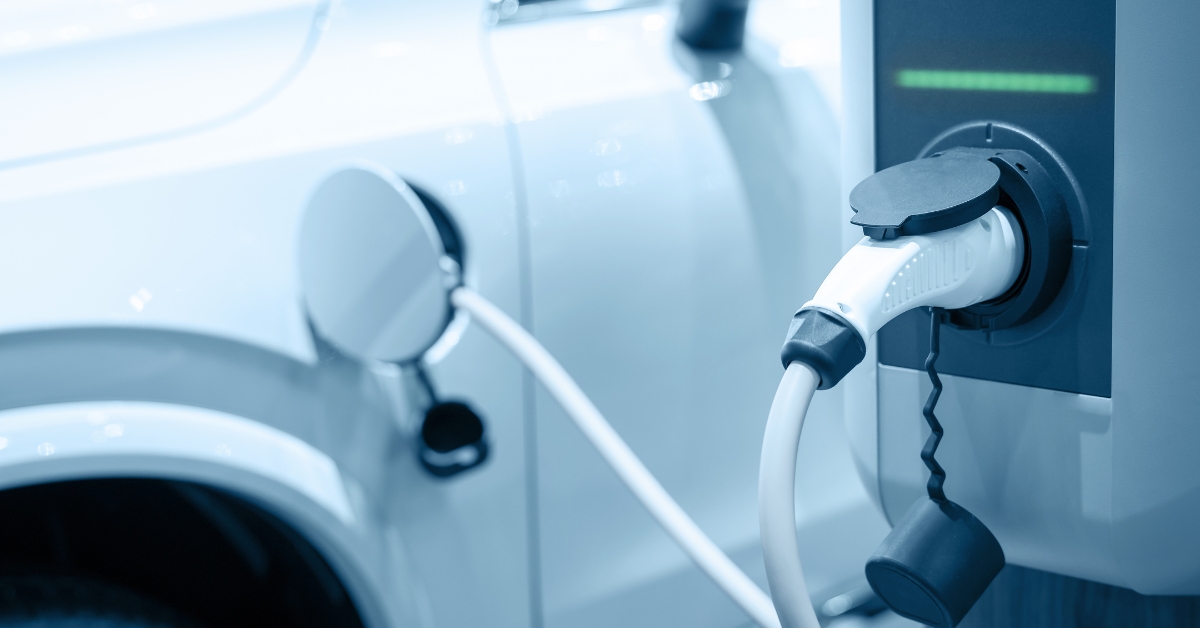
Push for Solar and Wind Energy Could Cost Consumers Trillions for New Power Lines
The electric grid’s transformation, prompted by a sweeping embrace of renewable energy, is poised to significantly impact American consumers, particularly the most vulnerable. As Washington fixates on electric transmission to meet ambitious net-zero targets, the looming financial and societal costs raise critical concerns. This shift could lead to spiraling costs for consumers and potential risks of stranded assets.
At the heart of this issue lies the staggering $3.5 trillion required to construct new transmission lines essential for achieving net-zero objectives. This financial burden, if pursued through a singular focus on renewables, neglects the potential benefits of a diversified energy mix that includes nuclear, natural gas, and renewable resources. Such a mix could safeguard grid reliability without necessitating excessive transmission infrastructure.
The geographic disconnect between renewable projects and consumption centers further complicates matters. For instance, while the Midwest offers an ideal setting for wind farms, the resultant electricity must traverse vast distances to reach coastal urban areas, necessitating expensive, long-distance transmission lines. Property owners find themselves in a bind, as their land becomes a conduit for power that serves distant populations, often without direct benefits to themselves.
Amidst these challenges, renewable power developers, drawn by the lure of urban markets and substantial subsidies, push for the removal of permitting barriers and the socialization of transmission costs. This approach has prompted FERC to consider rule changes that might prioritize subjective justifications for extensive transmission projects, potentially distributing the financial burden across a wider swathe of the American populace.
The narrative that additional transmission is essential for grid reliability masks the underlying policy choices driving the current predicament. Decisions to close reliable power plants, like Maryland’s Brandon Shores coal facility, force consumers to shoulder the costs of new transmission projects essential for maintaining grid stability. Technology advancements, such as small modular nuclear reactors, could offer alternatives that render some transmission lines unnecessary, leaving consumers to foot the bill for unneeded infrastructure.
As Washington’s energy strategy unfolds, it’s imperative to recognize the electric grid’s primary purpose: serving the needs of consumers. Policy decisions must be informed by a commitment to customer well-being and managed by state regulators attuned to their constituents’ interests. In an era marked by financial strain, the push for extensive transmission infrastructure, driven by special interests and renewable energy mandates, warrants careful scrutiny. It’s time to prioritize pragmatic, customer-focused solutions that ensure grid reliability without imposing undue financial burdens on American families and businesses.











